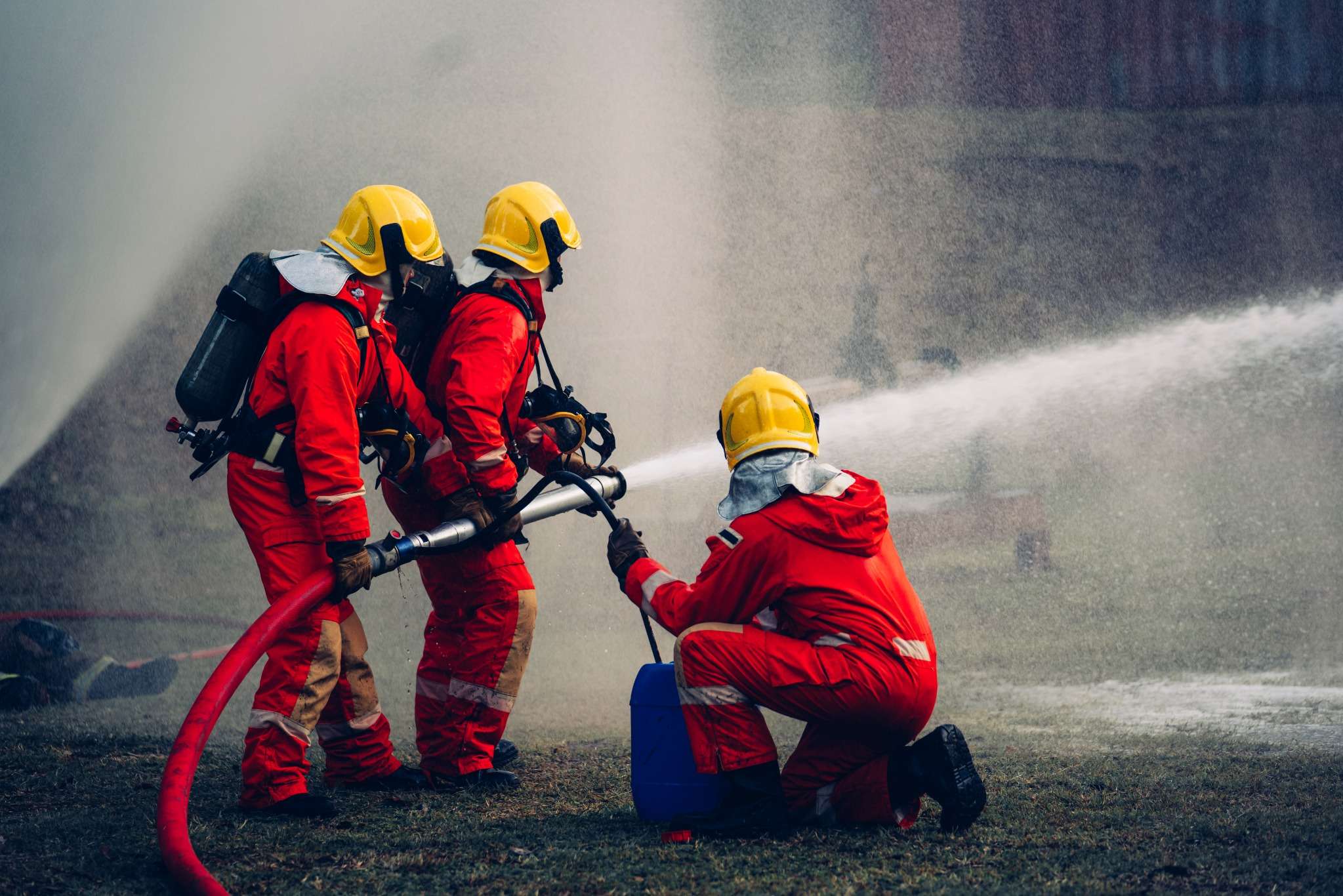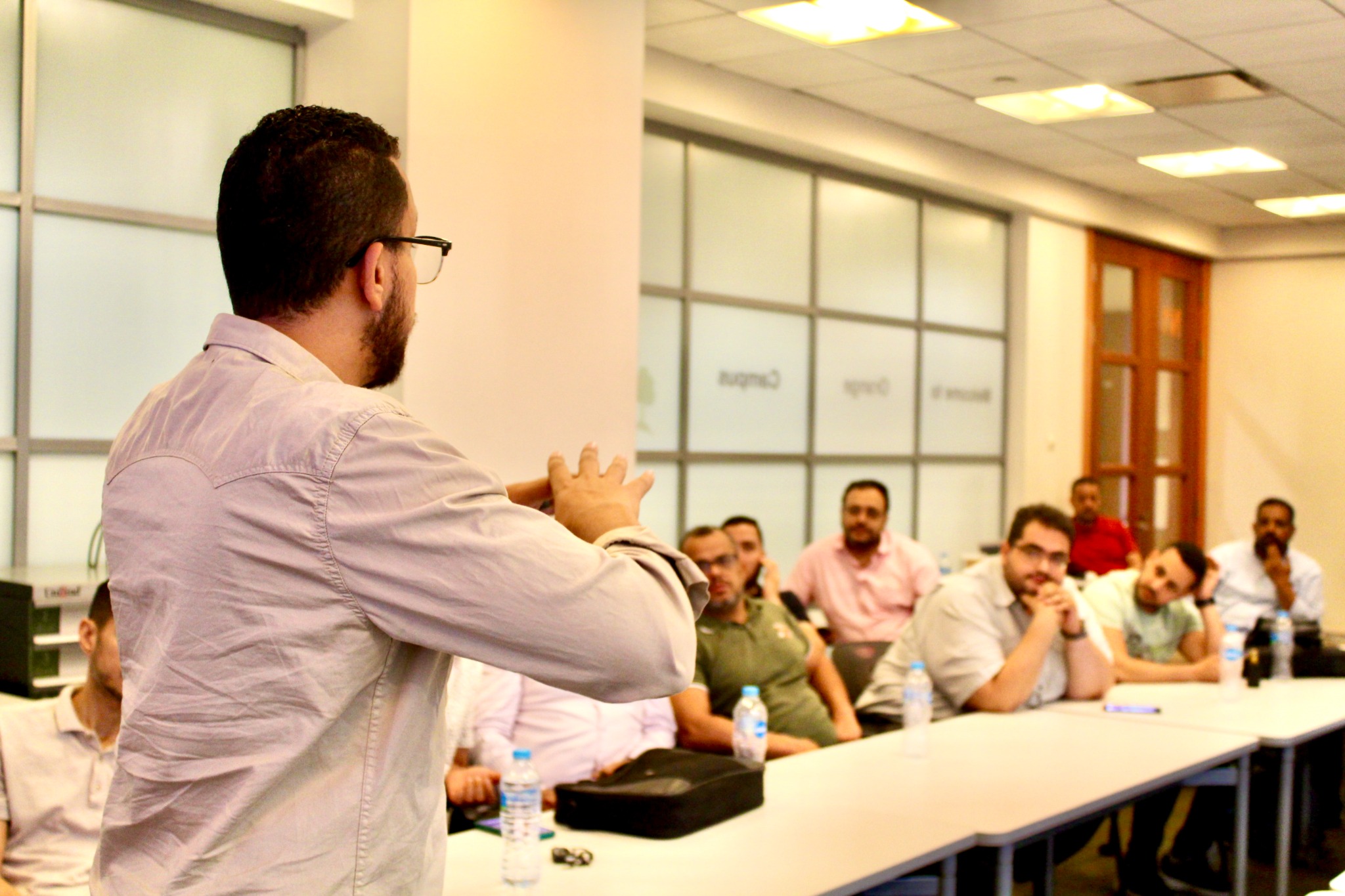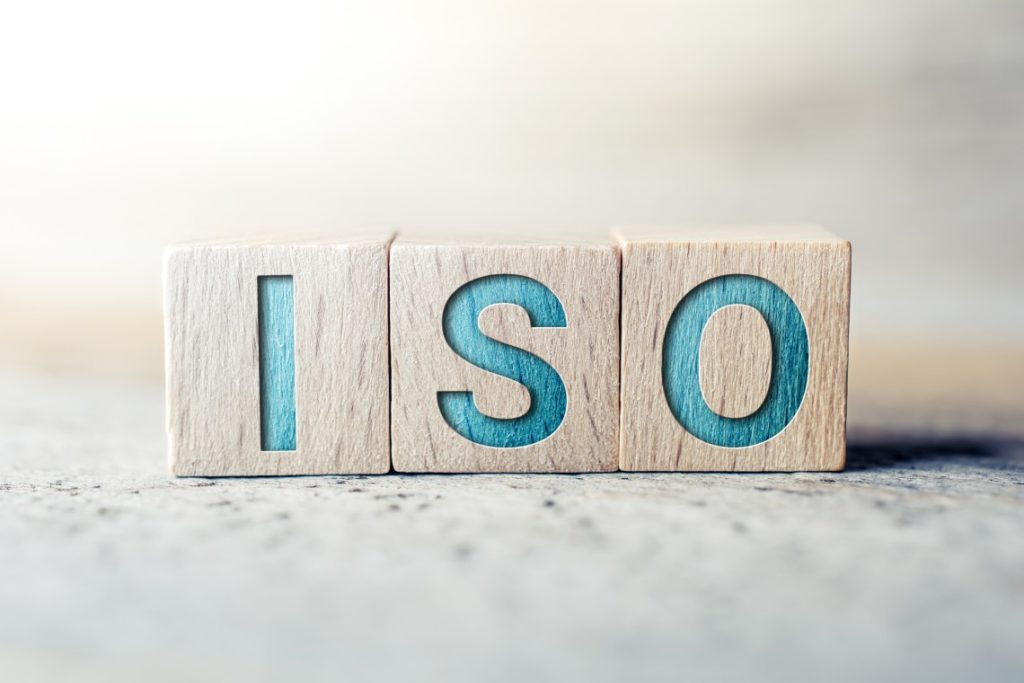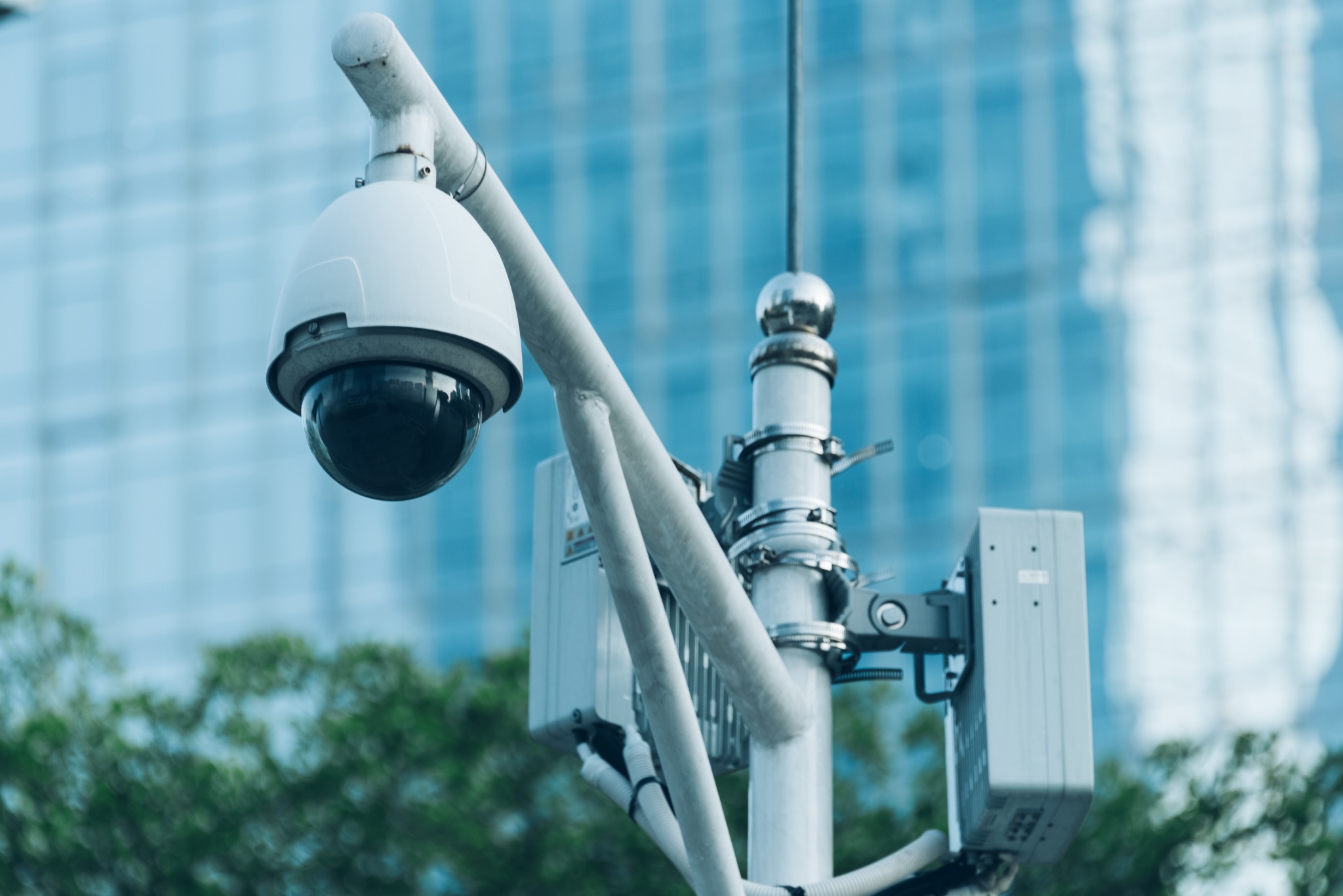Regulatory Importance
What is a Food Safety Certificate?
A food safety certificate verifies that a food handler has completed certified training in hygiene, handling, storage, and contamination prevention. It is legally required for anyone involved in food production, processing, distribution, or serving across the UAE.
Who Needs a Food Safety Certificate?
- Chefs, cooks, and kitchen staff
- Food production and processing teams
- Supermarket and retail food handlers
- Hotel and hospitality staff
- Food delivery and logistics personnel
Why It Matters:
Without a valid food safety certificate, businesses risk failing inspections, incurring fines, and damaging their reputation.
Regulatory Authorities That Enforce Certification:
- Dubai Municipality Food Safety Department
- ADAFSA (Abu Dhabi)
- ESMA (Emirates Authority for Standardization and Metrology)
These authorities mandate that all employees in food-related roles complete certified training to obtain a food safety certificate recognized across the UAE.
Certification Helps Prevent:
- Salmonella, E. coli, and other foodborne illnesses
- Cross-contamination during food preparation and storage
- Poor hygiene that can lead to business shutdowns
- Legal liability and reputational harm
Certified food safety training empowers staff with the knowledge to handle food safely and professionally.







